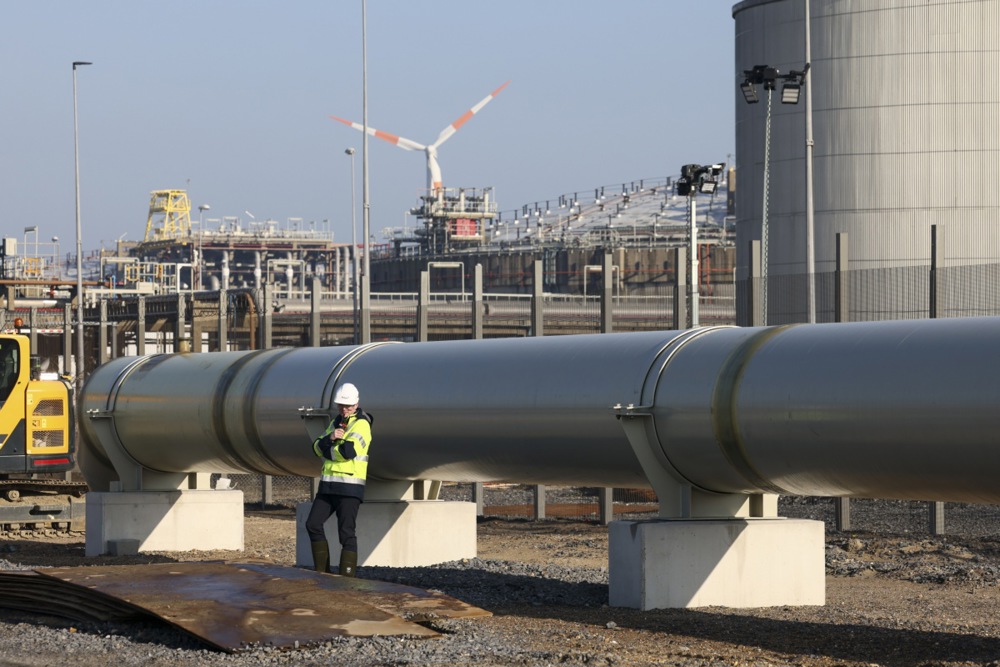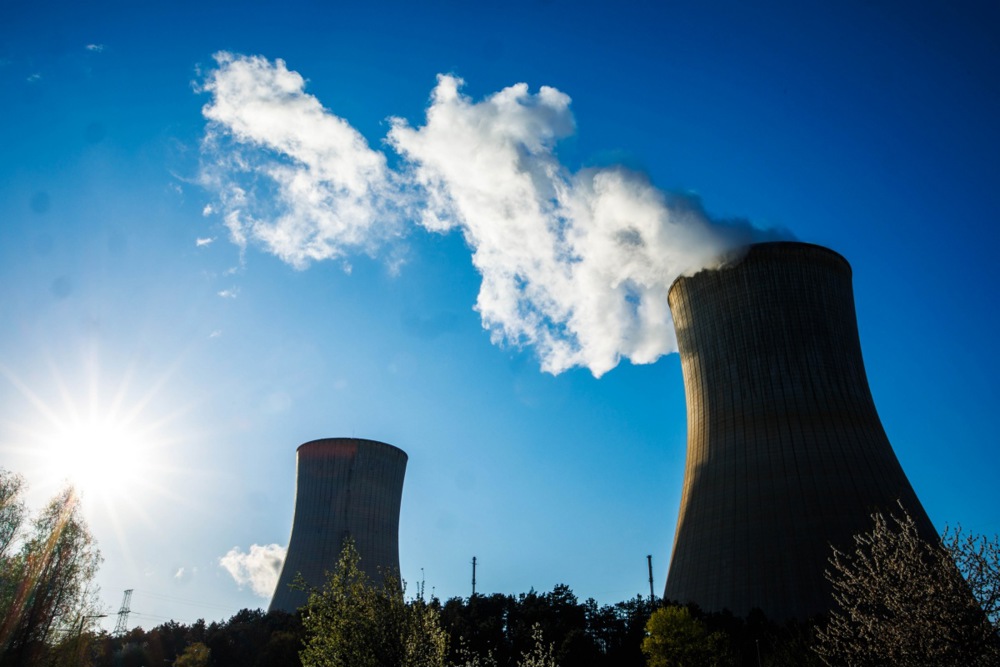French imports of Russian liquified natural gas (LNG) are surging and feeding into an increase in exports of Russian LNG to the rest of Europe.
New data from the Centre for Research on Energy and Clean Air (CREA) published on August 2 has shown that in the first half of 2024, France imported €1.2 billion worth of Russian LNG, a 28 per cent increase compared to a year earlier.
That equated to 3.2 million tonnes of Russian LNG in the first half of 2024, a 109 per cent increase in volume on the first half last year.
The rise came despite the fact that French domestic gas consumption fell 9 per cent in the first six months of this year compared to first-half 2023.
TotalEneregies, the leading energy multinational in France, took the biggest share of LNG but said that was the result of existing contracts, signed before the war in Ukraine.
Additionally, the company has an LNG joint venture with Russian in the Arctic Circle’s Yamal Peninsula.
Under a contract signed in 2018, TotalEnergies is committed to buying 4 million tons of gas from there annually, AP reported on August 6.
In an email, TotalEnergies told AP it was legally bound to honour its contracts and would do so “as long as European governments deem Russian gas necessary for the European Union’s security of supply”.
France’s Ministry of Finance and Economy told AP that Houthi rebel attacks on ships moving through the Suez Canal had forced a reshaping of LNG import routes — gas from the Middle East can no longer be easily distributed to Europe, while the Russian route from the Arctic has been unaffected so far.
While the Europe Union has officially banned Russian oil imports, it continues to accept natural gas from the country.
Member States increased their imports of Russian LNG by 7 per cent in the first half of this year compared to the same period last year, with French companies being the largest importers.
Russia has been slapped with a series of economic sanctions against by Western nations, including the EU.
While the EU often touts those sanctions as “massive and unprecedented”, some feel there is room for tougher penalties.
Still, any significant cut in Russian energy would be economically difficult to bear and might hit the European economy harder than Russia’s.
For decades, the country has been the main provider of cheap gas and oil for Europe. Previous attempts to change that have caused higher energy bills in Europe and created problems for European industry.
Brussels is behind Ukraine’s attempt to block oil from entering Hungary and Slovakia, Budapest’s foreign minister, Péter Szijjártó, has claimed. https://t.co/TGz55MO5UP
— Brussels Signal (@brusselssignal) August 5, 2024
Since the invasion of Ukraine in February 2022, Russia has made €1710 billion in revenue from fossil fuel exports, according to Russia Fossil Tracker.
Razom We Stand, a Ukrainian organisation pushing for stronger sanctions on Russian fossil fuels, claimed at the end of July that, by importing Russian LNG, France “continues to fuel this unjust war” and pointed to the recent bombing of a children’s hospital in Kyiv.
“France and the EU must stand firm and prioritise protecting human lives over profit margins, demonstrating unwavering solidarity with Ukraine in this critical moment of need when our innocent civilians are suffering daily,”said Svitlana Romanko, Co-Founder and Executive Director of Razom We Stand.
Oleh Savytskyi, another co-founder of Razom We Stand, said the phasing out of Russian fossil fuels was “apparently off track”.
The European Union slapped a new series of economic sanctions on Russia – for the 14th time. @philippilkhttps://t.co/5qCrSgu0RL
— Brussels Signal (@brusselssignal) June 20, 2024





